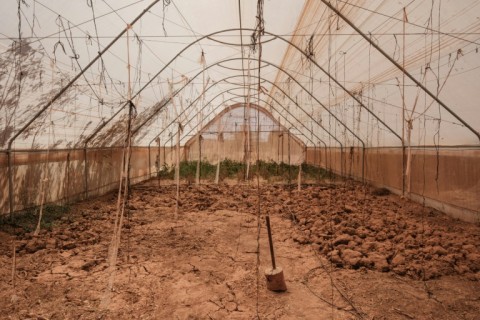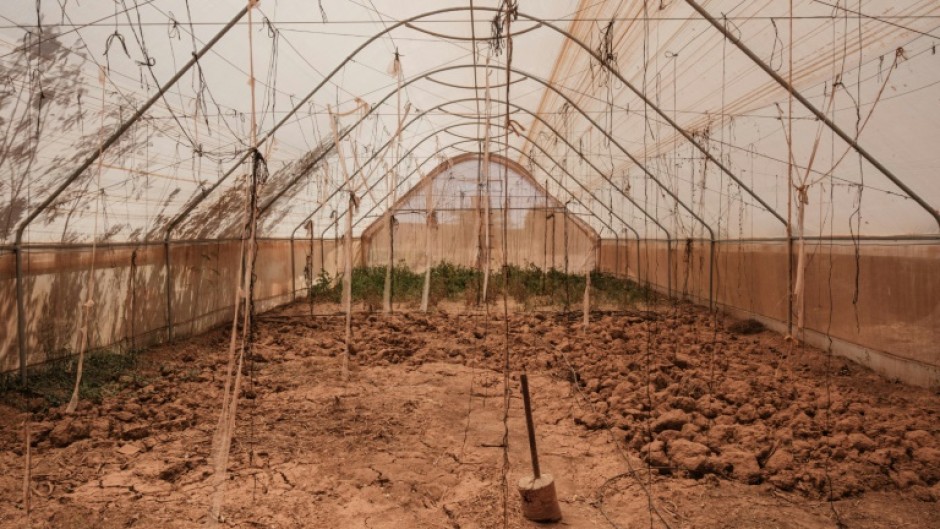
ROTTERDAM - African leaders criticised on Monday the lack of Western counterparts at a meeting in Rotterdam where they pleaded for funds to help their countries adapt to global warming.
Senegalese President and African Union chief Macky Sall, and Congolese President Felix Tshisekedi said wealthy countries responsible for most CO2 emissions should have been there.
They were speaking at the Africa Adaptation Summit in the Dutch port city, which comes two months before the crucial COP27 climate conference in Egypt in November.
"I cannot fail to note with a touch of bitterness the absence of the leaders of the industrialised world," Sall said at the opening of the event.
"Because these are the main polluters of our planet and it is they who should finance adaptation."
The Senegalese leader added that it was "not just the fate of Africa that is at stake but the fate of humanity and the future of the planet."
Tshisekedi of the Democratic Republic of Congo also had harsh words for Western leaders, with Dutch Prime Minister Mark Rutte being the only one who showed up to the summit in person.
"I deplore the absence of the leaders of the industrialised nations and the private sector who are, as we know, the greatest polluters," Tshisekedi said.
"The African continent has the smallest impact on climate change, but paradoxically suffers the majority of its consequences," he said.
'Moral duty'
The continent of Africa emits just some three percent of global CO2 emissions, former UN chief Ban Ki-moon added.
"We have a moral duty" to help African countries adapt, he said.
The summit, the first to focus on helping Africa adapt to the fallout from climate change, brings together the African Union, the International Monetary Fund (IMF) and the Netherlands-based Global Center on Adaptation.
They are hoping to raise pledges of some $250 million in capital to attract investors in adaptation programmes.
"We have to find $250 million, it's not that much to ask," said Senegal's Sall.
Dutch premier Rutte admitted in his closing remarks that the turnout of non-African leaders had been disappointing.
"I know that many wanted to come, but simply I think the attendance has not been at a level we would have liked," said Rutte.
The international community had to "think this through how in future... we have as many leaders present as possible" at future COP conferences and other climate meetings, he said.
African nations agreed at a summit in Gabon last week on a common push to limit global warming to 1.5 degrees Celsius -- a goal that scientists fear is increasingly elusive -- at upcoming UN climate talks.
That and the Rotterdam meeting are part of a series of regional meetings ahead of the COP27 in Sharm el-Sheikh from November 6 to 18.

